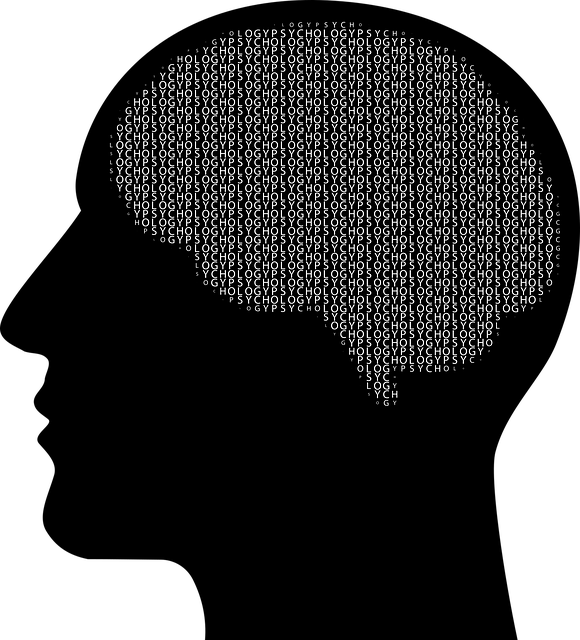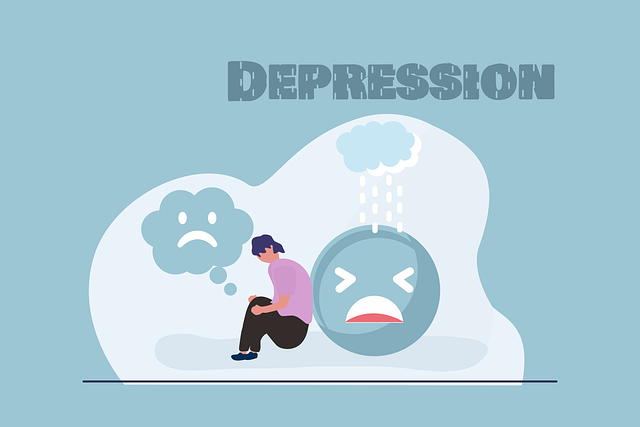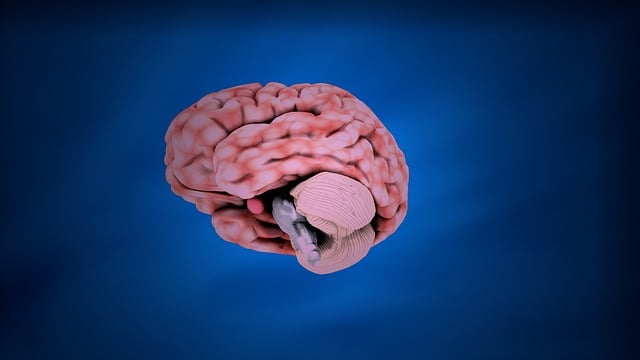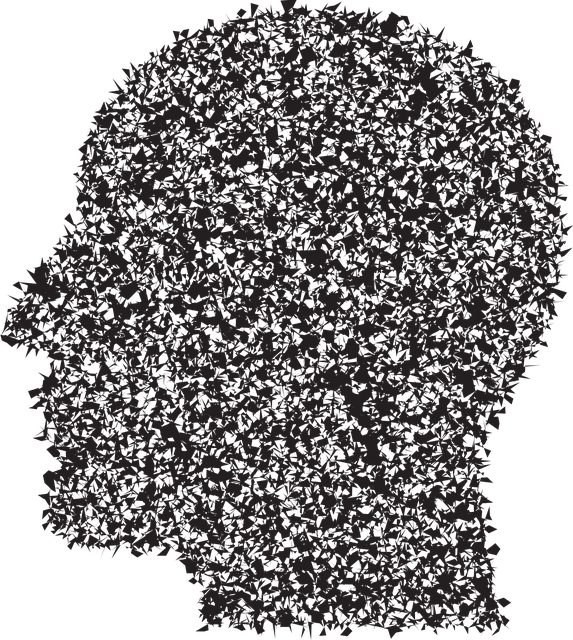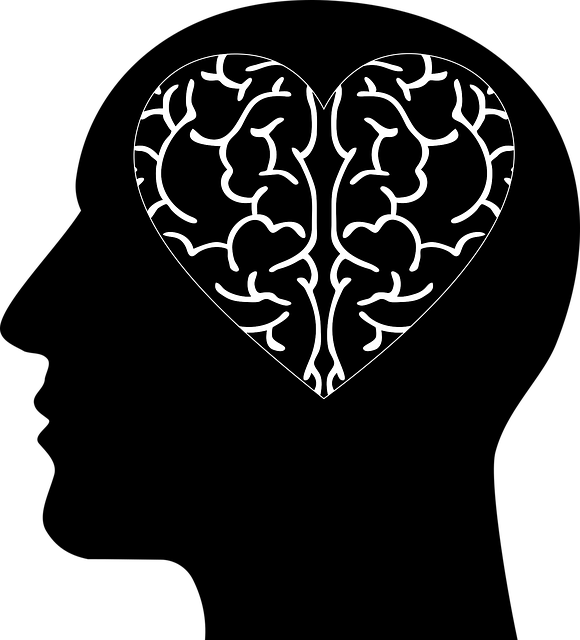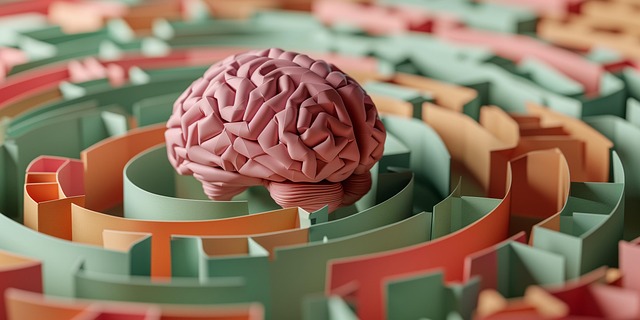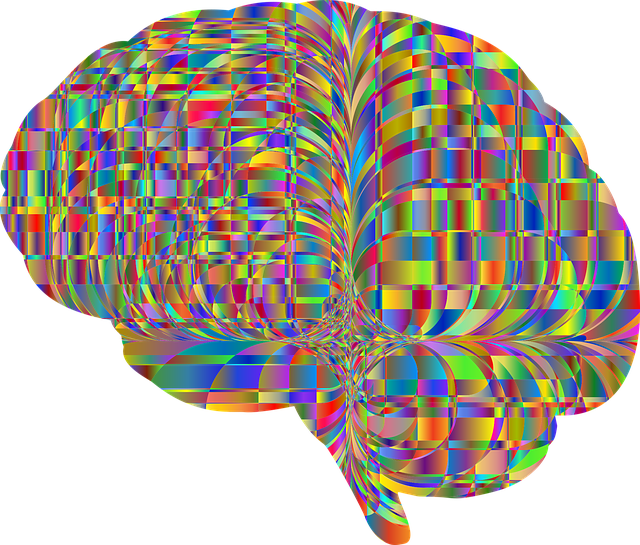Children's mental health, especially Attention Deficit Hyperactivity Disorder (ADD-ADHD), requires specialized care. Early detection through tailored self-assessment tools is vital for effective therapy, improving academic performance and well-being. These tools, with interactive elements like questionnaires and podcasts, engage children in managing symptoms and stress. Regular use enhances coping mechanisms, and structured settings with workshops teach practical skills. Balanced design, age-appropriate language, and visual aids make these assessments user-friendly, fostering collaboration. Continuous improvement based on feedback ensures the tools remain effective and culturally sensitive for ADD-ADHD therapy.
Mental wellness self-assessment tools play a crucial role in therapy, especially for children with Attention Deficit Disorder (ADD) or ADHD. As we delve into this article, we explore the importance of these tools in understanding and addressing children’s mental health challenges. We’ll navigate through key sections like recognizing the need for self-assessments in therapy, designing effective tools tailored to ADD/ADHD, and implementing strategies for continuous improvement based on feedback. Discover how these assessments enhance therapeutic outcomes for kids.
- Understanding Children's Mental Health and ADD-ADHD
- The Need for Self-Assessment Tools in Therapy
- Designing Effective Self-Assessment Tools
- Implementation, Feedback, and Continuous Improvement Strategies
Understanding Children's Mental Health and ADD-ADHD

Children’s mental health is a vital aspect that often requires specialized attention and understanding. ADD-ADHD (Attention Deficit Hyperactivity Disorder) is one such condition that impacts children’s ability to focus, control impulses, and manage hyperactivity. Recognizing the signs and symptoms of ADD-ADHD early on is crucial as it enables parents and mental health professionals to initiate appropriate therapy for children affected. This can significantly improve their overall well-being and academic performance.
The development of self-assessment tools tailored for children’s mental health, including ADD-ADHD, plays a pivotal role in the process. These tools can assist in identifying potential issues and serving as a starting point for further evaluation by professionals. By integrating these assessments into standard practice, mental health professionals can conduct thorough risk assessments, offering targeted interventions and strategies to support children’s emotional and psychological growth. Furthermore, promoting anxiety relief and stress reduction methods within these frameworks ensures a holistic approach to pediatric care.
The Need for Self-Assessment Tools in Therapy

In today’s fast-paced world, children with Attention Deficit Hyperactivity Disorder (ADHD) face unique challenges that require tailored support and interventions. Traditional therapy approaches often struggle to cater to their specific needs due to the dynamic nature of ADHD symptoms, which can vary greatly from day to day. This is where self-assessment tools prove invaluable; they empower both children and therapists by providing a structured framework for understanding and managing symptoms. By incorporating these tools into therapy sessions, professionals can offer more personalized care, especially in the realm of communication strategies.
Self-assessment tools allow children with ADHD to actively participate in their treatment process, fostering a sense of agency and self-awareness. These tools can include interactive questionnaires, visual aids, or even mental wellness podcast series production designed to engage young minds. Moreover, regular use enhances coping mechanisms, enabling them to manage stress effectively. Stress management workshops organization within therapy settings can further benefit children by teaching them practical skills to navigate their symptoms and improve overall mental wellness.
Designing Effective Self-Assessment Tools

When developing mental wellness self-assessment tools, particularly for children with Attention Deficit Disorder (ADD) or Attention-Deficit/Hyperactivity Disorder (ADHD), it’s crucial to balance accuracy with accessibility. The tool should effectively gauge emotional states, stress levels, and behavioral patterns while being user-friendly enough for young minds to engage with honestly. Incorporating intuitive designs, engaging visuals, and age-appropriate language ensures the assessment process is less intimidating and more collaborative.
Effective self-assessment tools should not only identify challenges but also promote coping strategies tailored to individual needs. Integrating elements like conflict resolution techniques, compassion cultivation practices, and anxiety relief exercises into the assessment can empower children with practical tools for managing their mental wellness. By doing so, these tools contribute to holistic therapy for children with ADD/ADHD, fostering self-awareness, resilience, and a positive sense of self.
Implementation, Feedback, and Continuous Improvement Strategies

The development of mental wellness self-assessment tools should incorporate strategies for implementation and continuous improvement to ensure their effectiveness in various settings, including therapy for children with ADD-ADHD. Upon introduction, these tools must be pilot-tested within controlled environments to gather initial feedback from both users (e.g., parents, educators, therapists) and participants (children). This feedback is invaluable for identifying any gaps or areas of improvement, refining the assessment process, and enhancing its overall utility.
Regularly updating self-assessment tools based on user feedback and emerging research aligns with Mind Over Matter principles, fostering resilience building and positive mental health outcomes. By integrating Self-Care Practices into these tools, children can learn proactive strategies to manage their emotions and behaviors, promoting their emotional well-being. Continuous improvement cycles ensure that the assessment tools remain current, culturally sensitive, and tailored to the evolving needs of children in therapy for ADD-ADHD.
Mental wellness self-assessment tools play a pivotal role in enhancing therapy for children with ADD-ADHD. By providing structured frameworks for self-reflection, these tools empower both young individuals and therapists to better understand and manage mental health. Through effective design, implementation, and continuous improvement, these assessments can significantly contribute to the success of therapeutic interventions tailored to the unique needs of children struggling with ADD-ADHD.

